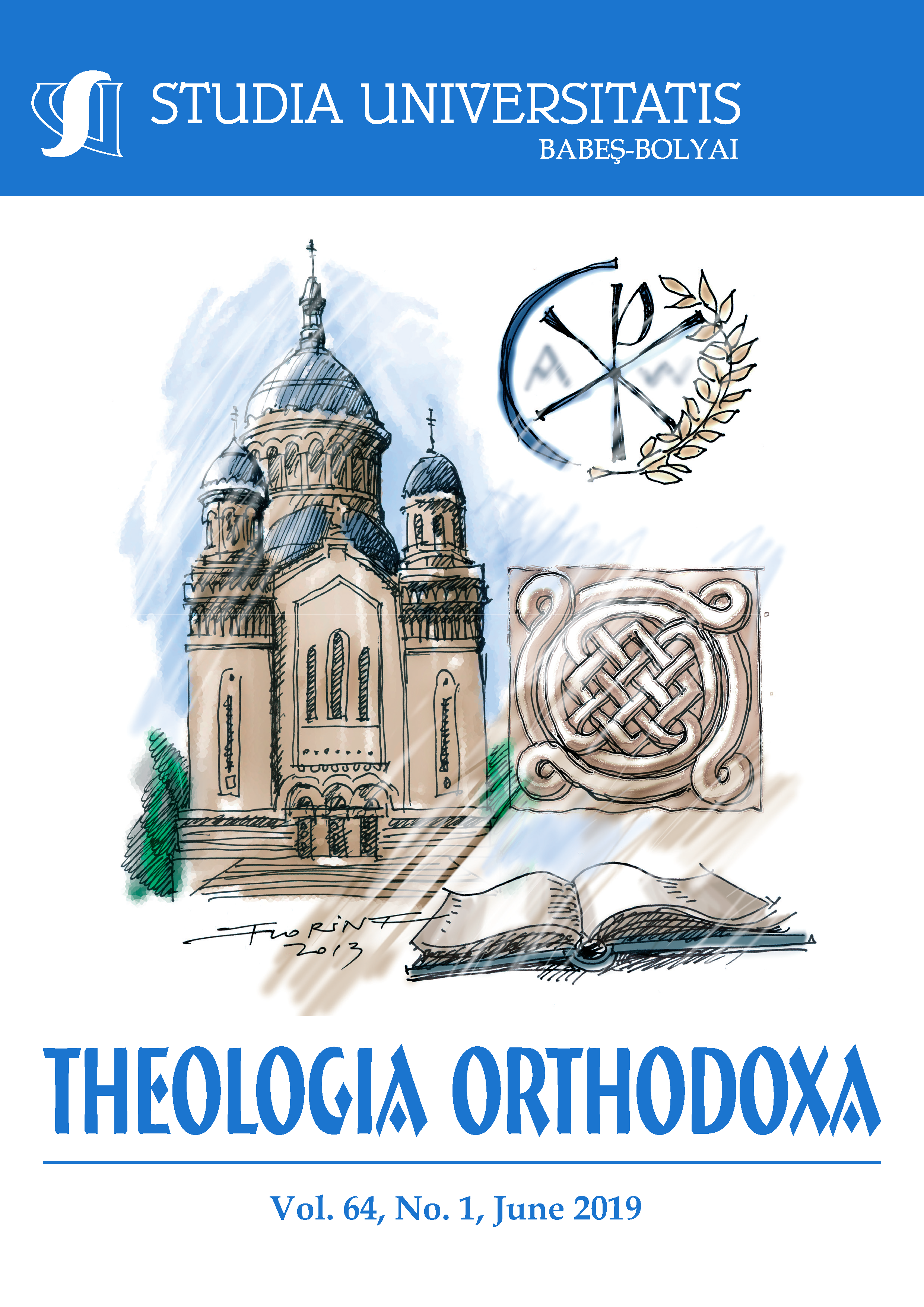THE PLACE OF STUDENTS AND WORKERS ACTIVISM IN POLITICS: A HISTORICAL REFLECTION
DOI:
https://doi.org/10.24193/subbto.2019.1.09Keywords:
Workers, Students, Governance, PoliticsAbstract
History has revealed that overtime Students and Workers through their activism have played significant role in politics as they have acted as checks in any political dispensation that is against the common interest. This is because while the proletariats (workers) produce the wealth plundered by those in authority, the students form the literati, on whose shoulders rest the conscience of the society. It was in line with this mandate that in the 19th Century, Russian students were in the forefront of the struggle against the Czars’ exploitative and dictatorial social system. Similarly, Chinese students constituted the most active groups in the fight against feudalism and Japanese colonization. In the 1960s, students took up arms in opposition to inhumane Western consumer societies and their exploitation and repression of the poor, black and yellow races. Also American students were actively involved in the civil right movements, especially in the Southern parts. Under the Students for a Democratic Society (SDS) they created a climate of opinion about the Vietnam War which the American people could not ignore. In Africa, outbursts in Mali, Zaire, Kenya, Sierra Leone, Liberia, Nigeria and South Africa have shown students and workers as important factor in the decolonization politics. This is because the oppressive policies of the state have most often further impoverish them both physically and psychologically. However, with the attainment of Independence, this role have been crippled by the forces which this paper intends to interrogate. Data obtained from primary and secondary sources were deployed to carry out the study with an analytical and narrative historical method. Findings indicate that oppressive politics has been the major factor that stimulated their role in politics especially during the decolonization process, and that in the neo-colonial state, emerging forces and policies of the government are directed at destroying this role.
References
“Why was Wilmot Deported.” The Analyst 3, no. 2 (March-April 1988).
“Wilmot: Spy or Extremist.” The African Guardian. (March 28, 1988).
Adesoji, A. “The Subversion of Labour Militancy in Nigeria: A Case of the Nigerian Labour Congress.” The Nigerian Journal of Economic History, no. 5&6 (2003). Ibadan: Quantum Publishers, University of Ibadan, 2003.
Ajayi, A.I. T.E. Haastrup, and F.M. Osalusi. “Menace of Cultism in Nigerian Tertiary Institutions: The Way Out.” Anthropologist 12, no. 3 (2010).
Aremu, I. “The Nigerian Economy and the Labour Movement recorded live from FRCN daily commentary.” 2012. http//www.nigeriacommentaries.blogspot.com.
Bingel, B.T. “Understanding Trade Unionism in Nigeria: Historical Evolution and Prospects for Future Development.” In Trade Union in Nigeria: Challenges for the21st Century, edited by F. Adewunmi. Lagos: Fredrich Ebert Foundation, 1997.
Iyorchia, A. Essays in Popular Struggles. Oguta: Zim Pan African Publishers, 1986.
Jakande, I.K., “The Press and Military Rule.” In Oyeleye Oyediran, ed., Nigerian Government and Politics under Military Rule. London: Macmillan, 1979.
Kazeem, Ola. “Centenary of Trade Unionism in Nigeria.” 2012. http//www.workersalternative.com.
Kukah, M.H. Democracy and Civil Society in Nigeria. Lagos: Spectrum Books Ltd, 1999.
Olukoshi B., ed. The Politics of Structural Adjustment in Nigeria. London: James Currey, 1993.
Otobo, D. The Role of Trade unions in Nigerian Industrial Relations. London: Malthouse, 1987.
Tukur M. “The Immediate Future of Higher Education in Nigeria” Letter to the Honourable Minister of Education, 27th September, 1984.
Usman Y. B. “Nigeria: Independence on a Gold Platter?” Nigeria: In-Depth Analysis 3, no. 3 (1988).
———. For the Liberation of Nigeria: Essay and Lecture 1969-1978. London: Beacon, 1979.
Downloads
Published
How to Cite
Issue
Section
License
Copyright (c) 2019 Studia Universitatis Babeș-Bolyai Theologia Orthodoxa

This work is licensed under a Creative Commons Attribution-NonCommercial-NoDerivatives 4.0 International License.





 ISSN (print): 1224-0869, ISSN (online): 2065-9474, ISSN-L: 2065-9474
ISSN (print): 1224-0869, ISSN (online): 2065-9474, ISSN-L: 2065-9474